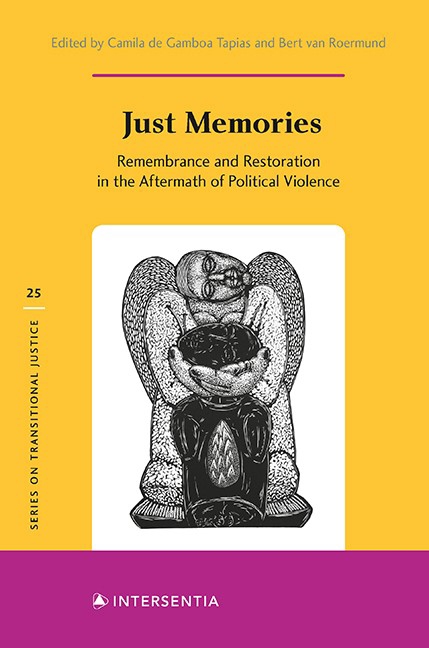Chapter 9 - Problems and Inconsistencies in the Protection of Women in the Colombian Land Restitution Process
Published online by Cambridge University Press: 11 February 2021
Summary
INTRODUCTION
This contribution to a book about restoration in the aftermath of political violence is a snapshot of a particular moment in the quest for truth, justice, and reparation for victims in the context of the Colombian armed conflict. It aims to explore the promises and shortcomings of restorative justice from a feminist legal standpoint through the examination of the introduction of the gender perspective in the land restitution scheme that the Colombian state put in place in 2011. In this sense, it explores the intersection between law, as a means to achieve accountability, land tenure, as the embodiment of the most salient form of property, and women, as a category minted to redress discrimination and violence against a particular group. It is based on research that the author undertook for a doctoral degree in law and speaks to a longstanding interest in the interplay between gender, armed conflict, and property. It relies on a readingand examination of more than one hundred land restitution cases that were brought in the two years (2012 – 2014) that followed the establishment of the land restitution process in the country. This material can be considered pivotal, since it sheds light on the difficult encounter between private and public law in transitional justice that occurs in the process of offering redress to victims related to the armed conflict.
The strategy of this chapter is to illustrate this challenging interaction between these two areas of law and their different rationales and logics, and in so doing bring to the fore the legal mandate that introduced a gender dimension in the adjudication of Colombian land restitution claims. It asks whether that dimension has been operative in the concrete resolution of the cases that land restitution judges and tribunals have had to decide. Answering this question is essential for determining whether the lines of legal action that have been implemented by a society entrenched in conflict to achieve certain distributive justice goals and to acknowledge the particular predicament of certain groups like women are germane, pertinent, and effective.
Beginning in the late 1990s, the three most influential Colombian women's rights NGOs, Casa de la Mujer, Corporación Sisma Mujer, and Corporación Humanas, have been producing knowledge about women in the context of the Colombian armed conflict.
- Type
- Chapter
- Information
- Just MemoriesRemembrance and Restoration in the Aftermath of Political Violence, pp. 191 - 220Publisher: IntersentiaPrint publication year: 2020



